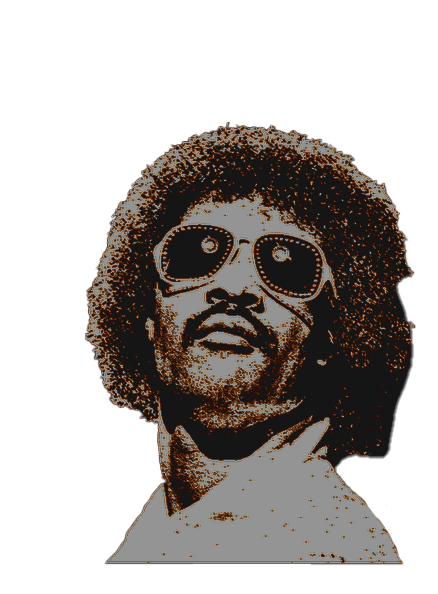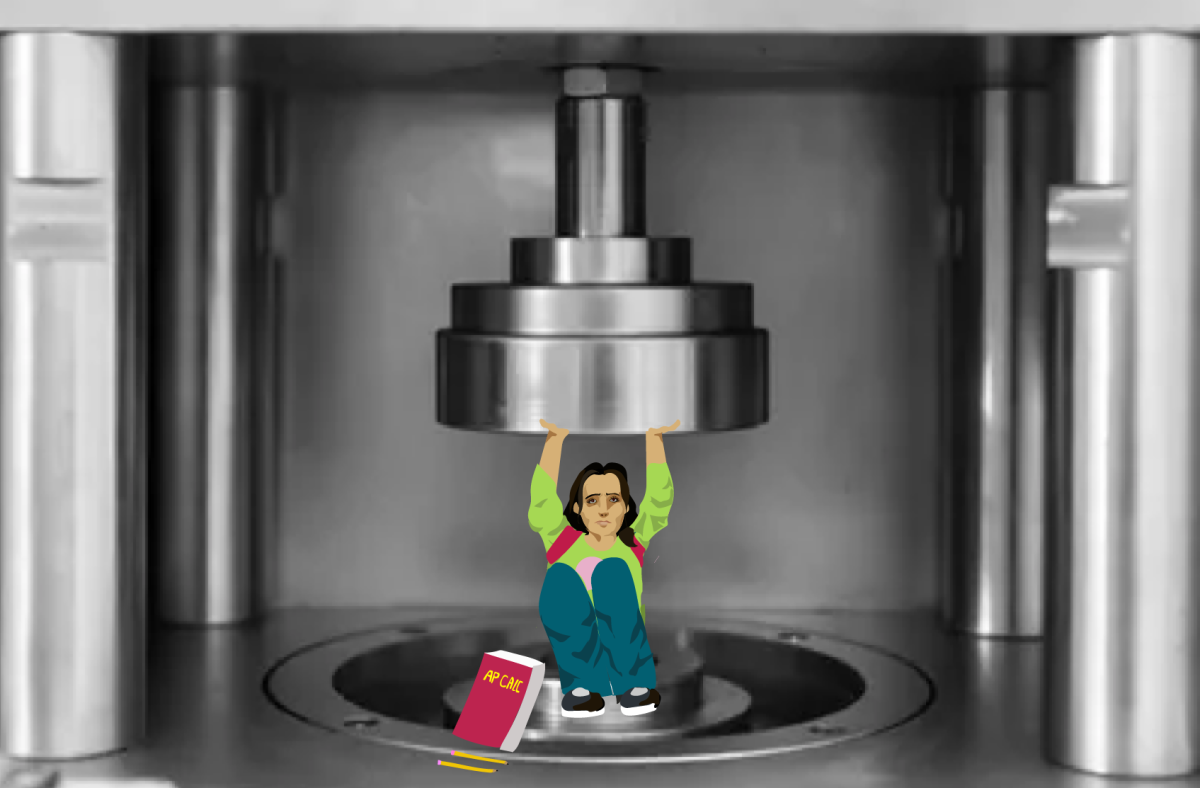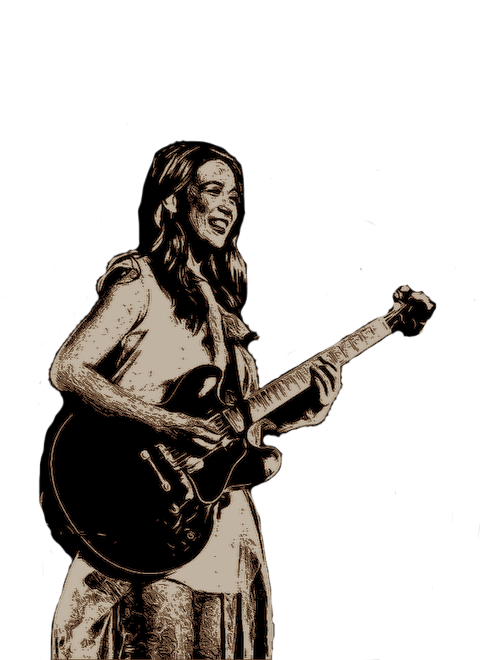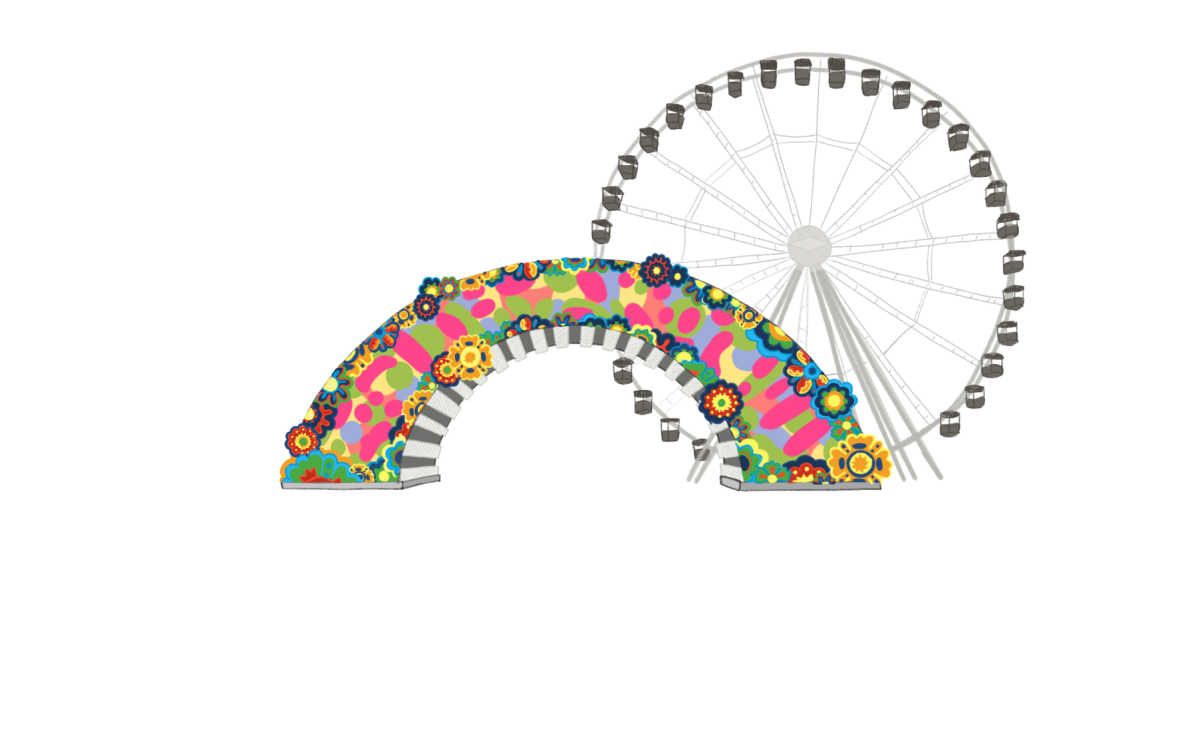As a person who has never been too invested in sports, I have always been taken aback by the anger and sadness that many experience when watching their favorite team lose. I have heard horror stories of people who have punched holes in walls, had intense feelings of hopelessness and even not been able to eat for days after their favorite team had lost. These feelings have become so common that they have gotten a name: “sports fans depression”, which is defined as typically short-lived symptoms of depression after one’s team loses.
When hearing about all the feelings that fans build up over a team they are not playing for that is losing and I could never understand why anyone would feel that way. After researching it, I learned that many see themselves as part of the team that represents a city or college that they care deeply about. Sports, similar to religion, can be used to bring a group of people from all different walks of life together under one common goal.
The community formed by self-identifying with a sports team provides a space for fans to take a break from the stresses of everyday life. I know that when I’m having a hard day, the best thing for me to do is to channel all of my energy into something that I love, which, for many people, is their sports team.
The emotions that fans have felt come from self-identifying with a team, often called Sports Hysteria since the Ancient Greek Olympics, where the spectators would cry, cheer and celebrate when their favorite team would win. Sports Hysteria is only amplified when there is a group of fans who all feed off each other’s excitement.
Even with all the positives that come from a community that is created from fans, emotional investment in a game with many ups and downs can be detrimental to fans’ mental health. Many fans feel so connected to their team that they see the team’s successes and failures as their own. Therefore, after a big loss, many fans feel depressed, hopeless and angry, which can fuel aggression and sometimes even lead to violence.
Along with fans having intense emotions after a loss, some fans think their team could have performed better than the players or that their advice may have won them the game. The term “armchair quarterback” is used to describe people who, while watching a game on their television, will yell at the players or offer suggestions to the team or play calling. This term is based on the Dunning-Kruger effect, which is when a person who knows very little about a certain skill believes that they are an expert on that topic. I can name many people who will yell at the television when a game is on to offer their advice when they themselves have no qualifications to do so and I have definitely been guilty of this too. I can understand when the stress of a game gets high everyone wants to help their team however, I think it’s very important to reassess yourself and remember that there are professionals coaching the players.
When fans feel they could have made a difference in the outcome of the game, the anger and sadness over a loss only increase. With this mentality, many are not open to considering others’ perspectives or learning more about the game because they are stuck inside their thoughts.
While emotions are perfectly natural occurrences and can be amplified when fans are emotionally attached to a team, it gets to a point where some fans are punching holes in walls and screaming at the people they care about, that’s too much. . Everyone has things that they care about whether it be a sports team or a celebrity or an item, and I believe that feeling love towards any of those things allows for us to be better. However, these things should never overshadow the people who we care about in our lives.
After a big loss, I think fans need to take a step back and consider how much one loss matters in the grand scheme of life. Sports can be amazing when fans use them as means to escape from the harsh realities of everyday life, but when sports are creating more problems in your life than they are solving, that’s when you might need to take a step back and turn all of the disappointment with your team’s loss into energy spent with your loved ones.







